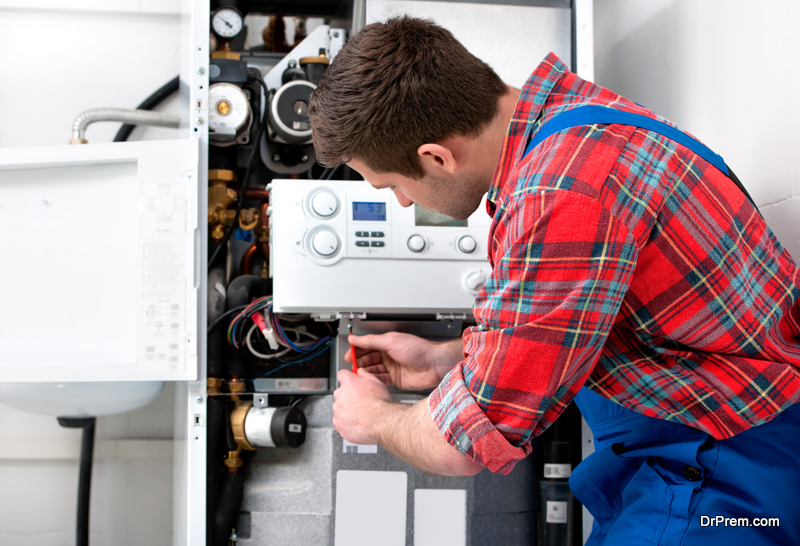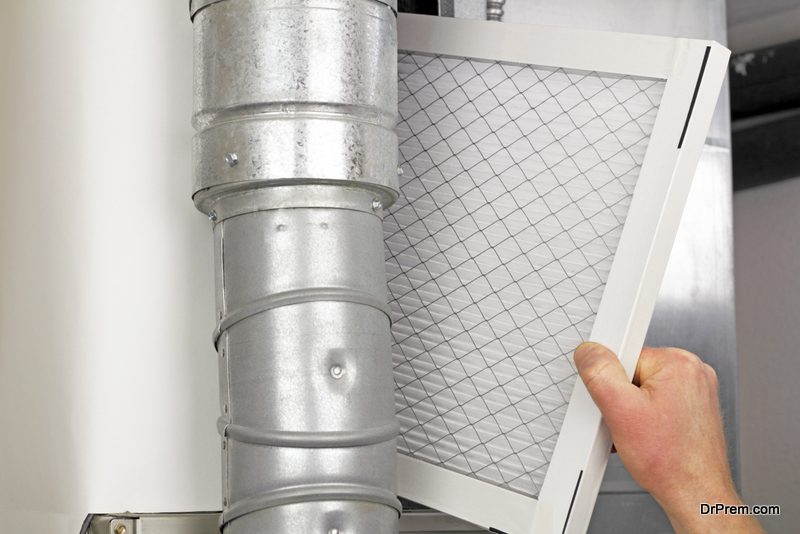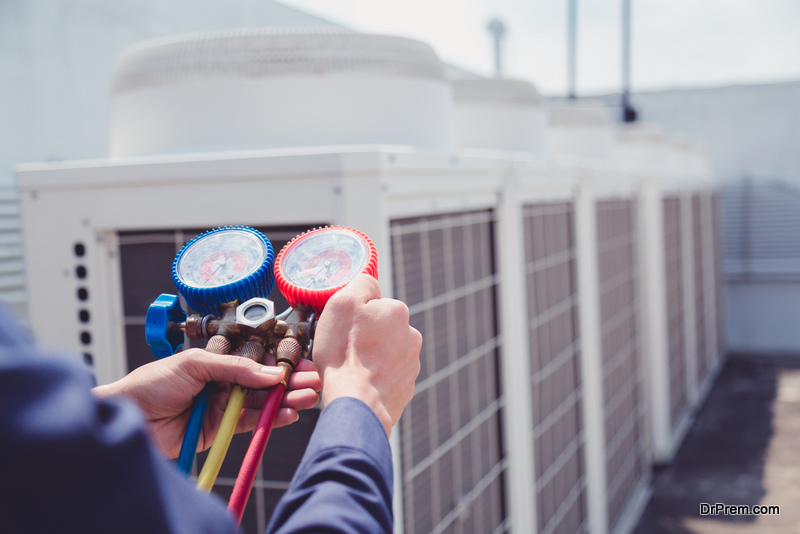As a general rule, your home’s heating system should last for up to 15 years, but getting that longevity will depend on how you care for the unit. If you’re not practicing good preventative maintenance, your heating system won’t last nearly that long. The following tips can help you take better care of your heating system to ensure it won’t have to be replaced for years to come.
Schedule Seasonal Check Ups
 At the start of the fall or winter season, you should make an appointment for a comprehensive inspection of your system. A company that provides heating maintenance services will send out certified technicians with the experience in providing this type of check up.
At the start of the fall or winter season, you should make an appointment for a comprehensive inspection of your system. A company that provides heating maintenance services will send out certified technicians with the experience in providing this type of check up.
In addition to changing your air filter and ensuring mechanical parts are properly lubricated, the technician will look for components that aren’t working as well as they should. The inspection will identify problems early, helping you plan to have them repaired before they do cause a problem. If you have an HVAC system that you use all year round, you should also schedule another check up at the start of the spring and summer months.
Check Your Thermostat
You should pay close attention to your thermostat since this can be the cause of a multitude of heating problems. In fact, when you report a problem to your heating contractor, the first thing he will do is to check to make sure your thermostat is functioning properly.
A quick test you can do on your own is to turn the thermostat setting up by several degrees. You should hear the furnace kick on to heat the home to the new temperature setting. However, if the furnace shuts off after just a few seconds, this indicates a problem with the thermostat or with the heat sensor. Either way, a technician should be called to diagnose and fix the problem.
Change Your Air Filter
 Although your contractor will replace the air filter for you during your seasonal inspection, you should still be checking and replacing the filter yourself. Ideally, the filter should be replaced once per month during periods of regular use. This is important for a number of reasons, including helping to reduce stress on the system.
Although your contractor will replace the air filter for you during your seasonal inspection, you should still be checking and replacing the filter yourself. Ideally, the filter should be replaced once per month during periods of regular use. This is important for a number of reasons, including helping to reduce stress on the system.
When the filter becomes clogged with dust and contaminants, it becomes harder for air to pass through the fibers in the filter, and that forces the system to work harder. As a result, you’re using more energy and you’re causing greater wear and tear. It’s also important to know that a dirty filter will cause contaminants and allergens to be recirculated throughout your home. If family members experience respiratory difficulties, a dirty air filter may be the cause.
Clean the System Regularly
You can use a paint brush with soft bristles to sweep cobwebs, dust, and dirt out of hard to reach places within your heating system. Additionally, the heat pump should be kept clean and well lubricated.
There is also an outdoor component to your heating system, which should be kept free of snow and ice, leaves, and other types of debris. You should also check the drain tube located in the center of the drip pan on the indoor part of the system. If it seems clogged, you can use a wire coat hanger to push sludge through the drain tube. Otherwise, water will back up, causing leaks and damage to your heater.
If you don’t know the age of your heating system, you should assume it’s reaching the end of its life. That assumption will motivate you to set aside some savings to finance a new heating system so you won’t be surprised by the sudden expense. If your heater dies without warning, you’ll want to be ready to get a new unit installed as quickly as possible.
Article Submitted By Community Writer




